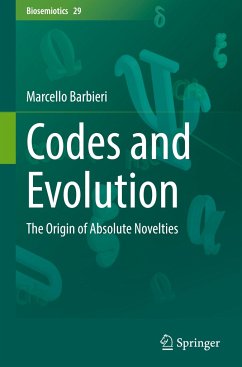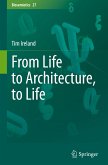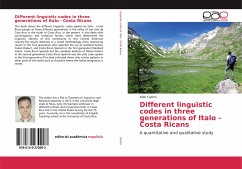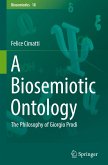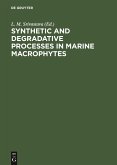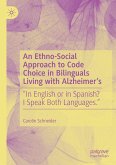This text builds upon the over 1500 papers published in peer-reviewed journals revealing that there are more than 200 biological codes in living systems. The author claims this experimental fact is bound to change biology forever. This book shows how this very discovery reveals that coding is a new mechanism of life, just as the discovery of electromagnetism revealed the existence of a new physical force in the universe. The existence of many biological codes, furthermore, Barbieri argues, is one of those experimental facts that have extraordinary theoretical consequences. It implies that coding is not only a mechanism that constantly operates in all living systems, but also a mechanism of evolution, more precisely a mechanism that gave origin to the absolute novelties of the history of life. This amounts to saying that evolution took place by two distinct mechanisms, by natural selection and by natural conventions, two mechanisms that are fundamentally different because natural selection is the result of copying and deals with information whereas natural conventions are the result of coding and deal with meaning. This volume appeals to students and researchers working in the fields of semiotics, philosophy, biology and mathematics.
Bitte wählen Sie Ihr Anliegen aus.
Rechnungen
Retourenschein anfordern
Bestellstatus
Storno

